Protection against corrosion
In general, the known corrosion in the AiO compact water cooling systems can be reduced by the corrosion inhibitors, but it can never be completely excluded. These inhibitors attach themselves to metal surfaces, passivate them and thus prevent rapid corrosion. But beware! It is extremely important to maintain a stable and strong water flow in order to avoid stagnant zones within the cooling system, which can then cause corrosion as a result. It is therefore counterproductive to turn the pumps down to the minimum for reasons of noise emission!
The corrosive effect of natural or poorly distilled or purified water can vary greatly depending on its chemical composition. Chloride, which is often still present in traces, is corrosive and the use of tap water should generally be avoided. Water hardness must also be taken into account, as hard water can contain calcium and magnesium, which then form the dreaded scale on metal surfaces. Therefore, deionized and demineralized water or water that has been run through a reverse osmosis process to remove harmful minerals and salts is the sole remedy of choice! In the case of deionised or demineralised water, a suitable corrosion protection (inhibitor) must also be used.
There are different inhibitors for different metals, each with their own advantages and disadvantages, and when combining different metals they really need to be chosen carefully! Phosphate, for example, is an effective corrosion inhibitor for iron and most aluminium components and a buffer for stable pH values. One disadvantage of phosphate, however, is the precipitation of calcium in hard water, which is one reason why deionized water must always be used to dilute a glycol-water coolant.
Tolyltriazole is a common and highly effective corrosion inhibitor for copper and brass, mercaptobenzothiazole is also, but is not as stable as tolyltriazole. Nitrite is an excellent corrosion inhibitor for iron, but has no place in an AiO. We’ll keep that in mind when it comes to automotive products. Well, a supplier of another current AiO with a big E at the beginning would have probably better added some of it, because the filler neck on the water block is made of simple iron, not steel, and also likes to start rusting. A nice leakage after a few monthy is included.
Silicate, on the other hand, is an effective inhibitor for most metals, but unfortunately also tends to form thick deposits (slime and hard coating) in cooling systems during prolonged operation.
However, I have to add an important warning about the antifreeze agents from the automotive sector that are often recommended in the relevant forums, even if these agents appear to be temptingly cheap to buy. The hidden rust inhibitors up to nitrite, which are unfortunately also contained in all automotive antifreeze, can lead to premature failure of seals and pumps!
Although corrosion can never be completely prevented, there are ways to limit it considerably and thus extend the service life of an AiO. By selecting suitable materials for the fluid path and suitable inhibitors, this corrosion can at least be slowed down considerably. With open-loop solutions, cleaning and inspection is possible and even necessary on a regular basis. Unfortunately, this is not possible with the “maintenance-free” AiO due to the closed-loop principle. Here, then, the best really is just good enough.















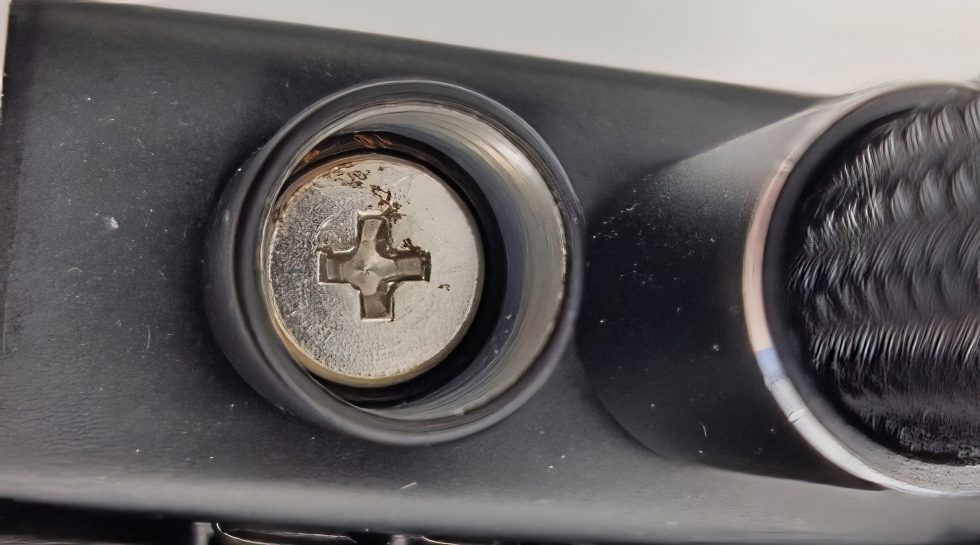
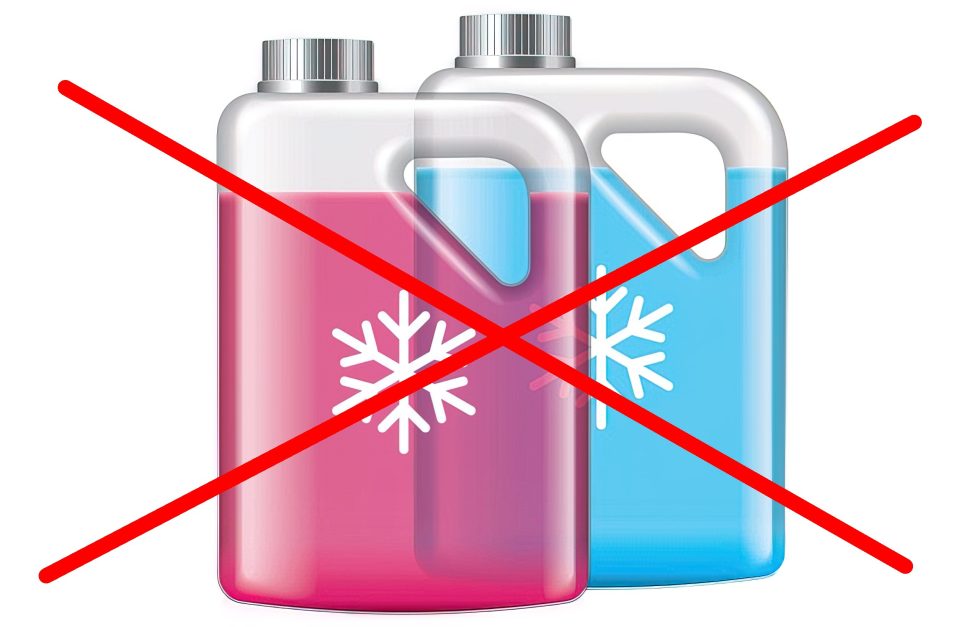



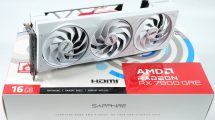





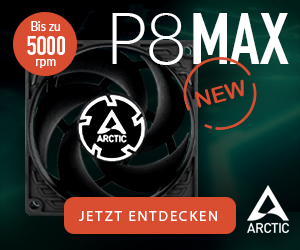


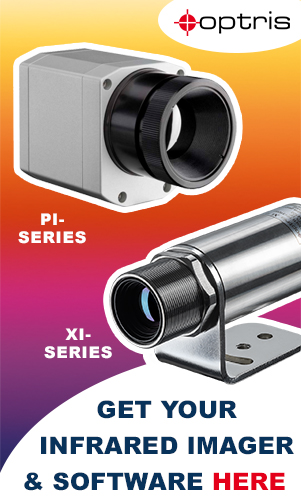

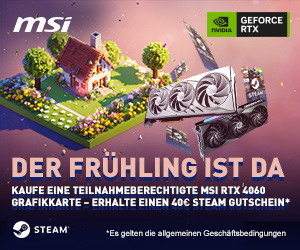

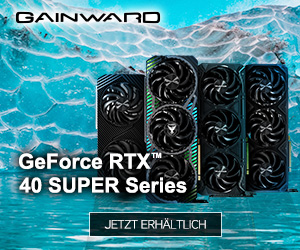
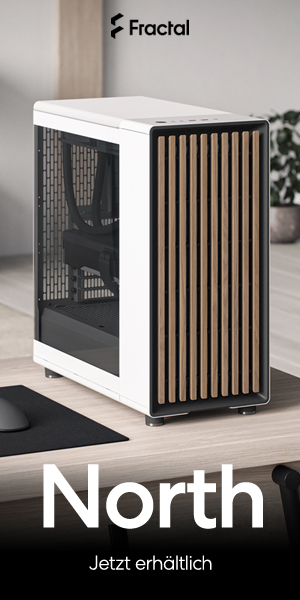

97 Antworten
Kommentar
Lade neue Kommentare
Urgestein
Mitglied
Mitglied
1
Mitglied
Neuling
Urgestein
Neuling
Veteran
Mitglied
Urgestein
1
Mitglied
Urgestein
1
Mitglied
Veteran
Alle Kommentare lesen unter igor´sLAB Community →